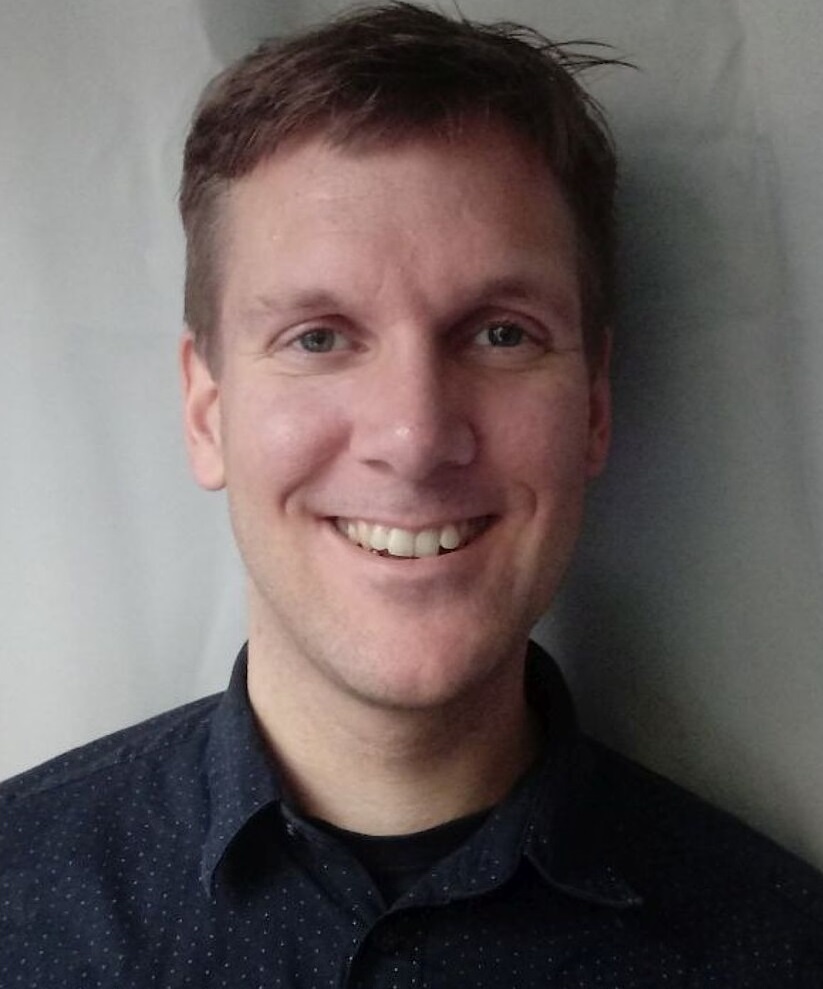Senior scientist working on green and inclusive path development

Research interests
- Regional innovation policy and European regional policy (e.g., cohesion policy, smart specialization)
- Institutional and evolutionary economic geography
- Sustainability and inclusiveness of regional development
Short bio
Maximilian Benner is an economist and economic geographer. As senior scientist at the University of Vienna, he focuses on innovation-based regional development and their impacts in terms of sustainability and inclusiveness, particularly within the context of EU policies (e.g., cohesion policy, smart specialization, partnerships for regional innovation). His research interests include institutional and evolutionary economic geography as well as the geography of sustainability transitions, and specifically the interplay between agency, institutional context, and policy processes.
Prior to joining the University of Vienna, Maximilian worked at the European Commission’s Joint Research Center in Seville and at Heidelberg University. In addition, he gained extensive consulting experience on topics such as cluster promotion and agricultural innovation support in rural regions in Tunisia or export promotion in Cyprus.
Maximilian sits on the editorial board of “European Planning Studies” and has served as reviewer for a number of journals including “Economic Geography”, “Journal of Economic Geography”, “European Planning Studies”, “Progress in Economic Geography”, “Regional Studies”, “Current Issues in Tourism”, “Tourism Geographies”, and “Science and Public Policy”.
